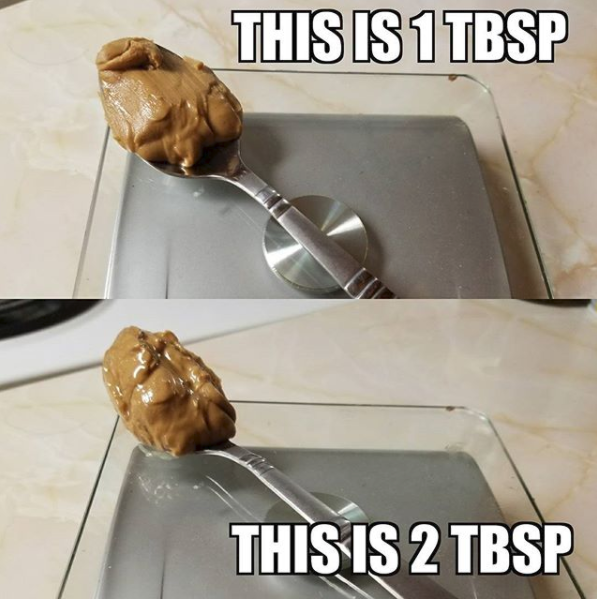When dieting, we all want the best results in the shortest amount of time. Unfortunately, if you aren't careful, this allows shady people and shady companies to swoop in and take advantage of you, take your money, and give you a diet plan or supplement stack that is reckless, unsustainable, and unsafe. For that reason, I'm going to tell you what you SHOULD NOT do first, then we will move on to what you SHOULD do.
What NOT To Do
1) Don't cut Calories drastically.
Despite what many fad dieters claim, Calories consumed vs. Calories burned is absolutely the most important factor in weight loss. That said, you may be thinking cutting more Calories equals more weight loss and you'd be correct.
The catch is, if you cut your Calories too low, you're increasing the likelihood of losing lean body mass in the process. [1] If you start losing lean body mass, not only will this not lead to the look you want, it will also slow down your metabolism, which will slow and eventually halt your fat loss.
As if this wasn't enough, hunger will also become a much bigger issue the harder you cut. If you decrease Calories too much and for too long, even those with the most willpower will eventually go off the diet, eat everything in sight, and gain back much of the weight that was lost.
2) Don't eat a low protein diet.
In addition to being very low Calorie, many rapid weight loss diets will also be low protein. Low protein diets will certainly help you lose more weight than high protein diets. The reason for this is that we need protein to gain or maintain muscle mass. Without adequate protein, we will lose muscle mass. Because of this, much of the weight lost on a low protein diet will be from muscle. In other words, you may lose more weight, but you'll lose less fat. [2]
In addition, I'd like to remind you of what we discussed in the previous section. If you lose lean body mass, your metabolism will slow down, negatively impacting your fat loss efforts.
3) Don't do low-weight high-rep resistance training.
First, let me say you shouldn't eliminate low-rep high-weight resistance training entirely. There's a time and a place to include each rep range in your workout, but somewhere along the way, it became "common knowledge" that you "have to" do low-weight high-reps when dieting for fat loss. Not only is this false, it can actually be counterproductive.
If you decrease the amount of weight lifted too much, you won't create enough of a stimulus in your muscles to produce noteworthy muscle growth. Remember, a very important aspect of getting your dream body is to gain or at the very least, maintain your current level of lean body mass. I'm assuming you want to be lean and toned, not "skinny fat."
(Learn about low reps vs. high reps by clicking here.)
4) Don't believe what supplement companies claim.
Taking another supplement is NOT the answer to your fat loss problems. Despite what companies may claim, supplements are, at best, 5% of the fat loss equation. At worst, some supplements actually contain ingredients that have absolutely no evidence that they aid fat loss and can even be toxic! An example of this is Hoodia. [3]
What TO Do
Now that we've discussed what NOT to do, let's discuss what TO do.
1) Cut Calories aggressively, not recklessly.
If you're reading this, it means you want to lose weight fast. That means you will have to cut Calories aggressively, just don't be reckless like we discussed earlier. An aggressive, but safe Calorie deficit would be 25%. In other words, you'd be eating 75% of the Calories you'd need to maintain your body weight.
The way you find 75% is to multiply the number of Calories you need to maintain your body weight by 0.75. I need approximately 2800 Calories/day to maintain my body weight, so I would multiply 2800 by 0.75, which would come out to 2100 Calories/day. If you don't know your maintenance Calories, you can use the calculator below to get an estimate.
2) Eat a high protein diet.
Not only will a high protein diet help you to maintain or even gain muscle mass while on a diet, it will also help you to lose more fat, experience less hunger, burn more Calories, have stronger bones, and can even improve your attitude toward your diet.
When dieting, beginner weightlifters should consume 0.8 - 1.2 grams of protein per pound of body weight. Intermediate to advanced weightlifters should consume 1.1 - 1.3 grams of protein per pound of body weight. (If you want the explanation behind where those numbers come from, click here.)
3) Lift heavy(ish) weight.
Do 2/3 - 3/4 of your weight training in the 6 - 12 rep range and do the rest of your weight training above and below that rep range. Why 6 - 12 reps? It's more practical. Intensity (amount of weight lifted) and Volume (number of reps performed) are two of the most important factors for muscle growth.
The problem is, they oppose each other. If you increase intensity, you can't do as many reps, therefore, volume decreases. If you increase volume, you can't lift as much weight, therefore, intensity decreases. Sticking primarily to the 6 - 12 rep range allows you to have the best balance of both, which is better for muscle growth and leads to better fat loss. [4]
4) Track your intake.
Setting up the numbers we've discussed so far will do you little good if you don't track your intake to see if you're hitting those numbers. Unless you're tracking your intake, you have no way of knowing for sure if you're sticking to your 25% deficit or if you're in a Calorie deficit at all for that matter.
One study stated that on average, people under-report their Calorie intake by an average of 47%. [5] Two of the biggest contributors to this error are forgetting foods that were eaten earlier in the day and underestimating the amount of a food that was eaten. The easiest example is eating "one tablespoon" of peanut butter. One tablespoon can easily become two if you aren't tracking how much you actually dipped out of the jar.
5) Eat minimally processed foods.
Eating minimally processed foods is important, but not for the reasons you may think. Many, if not most people think that specific foods cause weight gain or weight loss, but we've already determined that Calorie intake is the most important factor in weight loss or weight gain. If a Calorie is a Calorie, why does it matter where I get them from? Why can't I just drink protein shakes and eat ice cream? There are two reasons.
The first is that junk foods lack micronutrients and fiber. We need these things for our bodies to be healthy and if we constantly eat junk food, we will run into health issues over time. What good is it to have a nice body if we destroy it from the inside? That's like putting a nice paint job on a car that doesn't run.
The second reason is much more practical. Most whole and minimally processed foods have fewer Calories per serving than their processed counterparts. In other words, you will get to eat more food while still losing weight. This in combination with the fact that fiber is very filling, means you can diet without suffering. (what a novel concept)
Takeaway
Cut Calories to 75% of what you need to maintain your body weight.
Consume 0.8 - 1.2 grams of protein per pound of body weight if you're a beginner weightlifter.
Consume 1.1 - 1.3 grams of protein per pound of body weight if you're an intermediate to advanced weighlifter.
Perform heavy resistance training (mostly in the 6 - 12 rep range).
Use a food scale to track your intake.
Eat mostly unprocessed or minimally processed foods.
Thank you so much for reading! If you found this information helpful, share it with a friend. I would appreciate it and I know they will too. If you like what I have to say, sign up below to become a Treadaway Training insider and get notified for each post and video. I will be back here Thursday with another fat loss topic. As always, God bless you AND your family and I'll see you Thursday.







